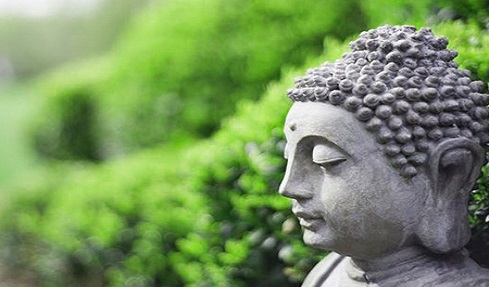According to the sutras, great merit and virtue may be obtained by doing good deeds on ordinary auspicious days, and this is especially so during the four festivals. Doing any good deeds then such as chanting, accumulating prostrations, making offerings, offering vegetarian meals to the ordained sangha, keeping precepts, and practicing compassion and bodhicitta can ensure a billion times more merit and virtue; that is to say, only chanting a mantra once on such days can help us obtain the merit we would gain by chanting it a billion times on other days, and so on.
Therefore, we should be sure not to miss such great opportunities to do our best in doing good deeds such as eating vegetarian food, stopping killing, and releasing lives, which are all very important.
~ Luminous Wisdom Book Series 3











